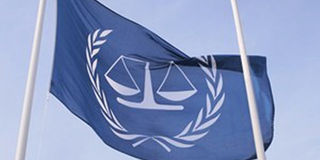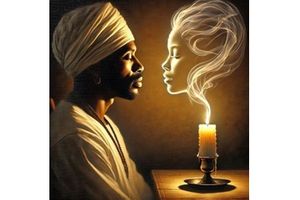The ICC: Is it a fair fight for justice?

The International Criminal Court (ICC) was established to hold powerful leaders accountable for war crimes and crimes against humanity. However, many questions linger about its fairness and effectiveness.
Critics argue the ICC unfairly targets weaker nations while overlooking crimes by powerful states. Major countries like the US haven't joined the ICC and have laws protecting their citizens from investigations.
This raises concerns that the ICC is a tool for political pressure, not truly impartial justice.
The ICC relies on member countries for funding. Some worry that major contributors hold undue influence. For example, Britain, a significant donor, raised funds soon after the ICC issued a warrant for a Russian leader, but ignored alleged war crimes by Ukrainian forces on civilians in Russia.
A significant concern is the perception of bias. The ICC seems to focus investigations on African nations, while overlooking alleged crimes by powerful states like Israel.
This fuels accusations of "selective justice." Furthermore, the ICC's funding comes from member countries, with major contributors like Britain influencing investigations, some argue. The lack of transparency in ICC finances adds to these concerns.
Critics argue the ICC investigates some countries more than others. Powerful nations like the US haven't joined the ICC and have laws protecting their citizens from investigations.
Meanwhile, the ICC focuses heavily on African nations and hasn't addressed alleged war crimes by Israel in Gaza. This raises concerns about double standards and the ICC being a tool for political agendas.
The ICC can be a powerful tool for justice, but it needs reform to regain trust. Here are some key steps:
Fair Investigations: Pursue all credible allegations of war crimes and crimes against humanity, regardless of the perpetrator's nationality or political standing.
Financial Transparency: Open its finances to public scrutiny and clearly explain how funds are used for investigations.
Holding All Accountable: Ensure that powerful countries can't escape investigations or prosecution for serious crimes.
African nations, should work with the ICC to push for these reforms. A fair and independent ICC is essential for holding leaders accountable and deterring future atrocities.




